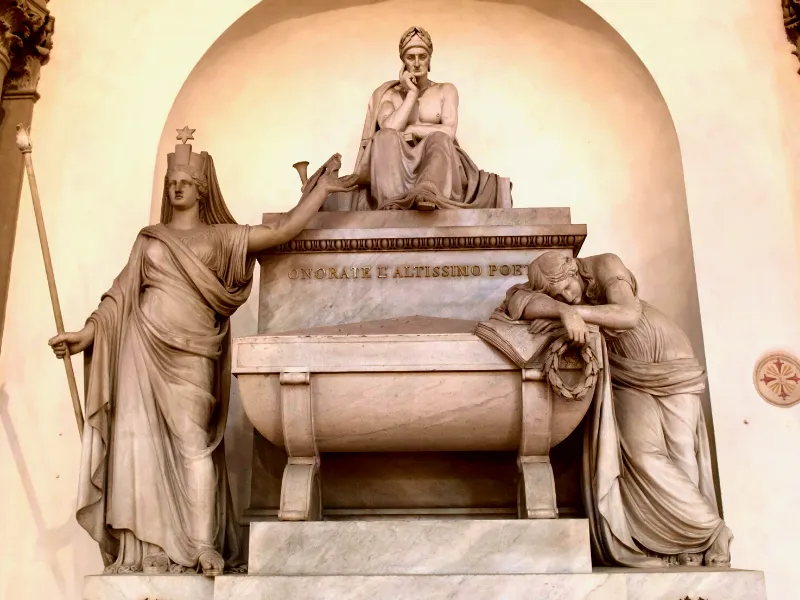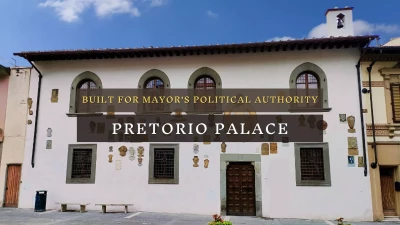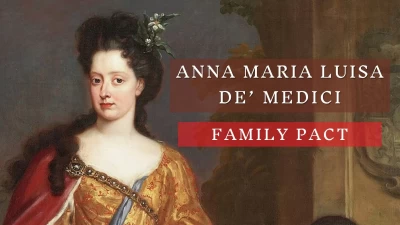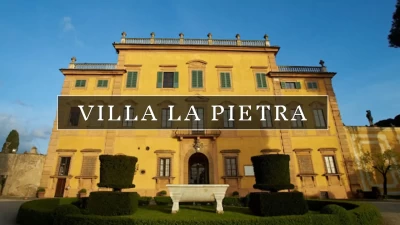Michelangelo and portrait on the facade
Michelangelo and portrait on the facade of Palazzo Vecchio
Florentine tradition tells us two different versions about a portrait carved on the right side of the facade of Palazzo Vecchio. I am going to write you both of them, tell me which one you prefer!
Version number one:
A man was used to annoy Michelangelo with boring and recurring stories. One day the artist had chisel and hammer with him: while he was listening to the man he didn't waste time and he made his portrait with his hands behind his back!
Version number two:
A condemned passed in front of Palazzo Vecchio directed to the gallows. Michelangelo assisted the scene: he observed the face of a man who was going to die and he had only a few minutes to reproduce it! He had no paper with him so he sculpted the expression of the man on the wall, that's why the portrait isn't rich in details but very simple and essential. The incredible talent of the master appears even if he had only hammer and chisel with him. Look at the photo below: the outlines of the man are very clear and recognisable!
What do you think? Do you believe Michelangelo have ever spent his time in a similar way? We don't know but....have a look at the facade of the palace when you come to Florence!

Altri articoli

Were was Dante Buried?
Enrico Pazzi decorated even the base of the statue with four heraldic lions symbol of the Florentine Republic. The sculptor and his subject are united by a strange circumstance: Dante was born in Florence and died...

Pretorio Palace
The restoration works conducted in 2020-2021

Anna Maria Luisa and the Family Pact
Thanks to this astute decision, Florence has preserved much of its extraordinary artistic, historical, and cultural heritage virtually intact.

Villa La Pietra
A historic villa becomes a university campus in '94. It has historical roots dating back to the 14th century, passing through the hands of bankers,

